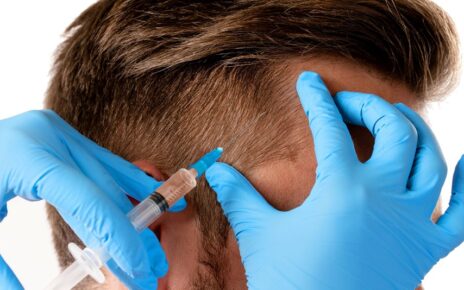Sleep disorders can be a major source of discomfort, leading to exhaustion, stress, and even physical pain. For those who suffer from chronic headaches, the connection between these two health issues is particularly strong. This article will explore the various ways in which sleep disorders can trigger or exacerbate headaches, as well as strategies for alleviating symptoms and achieving better quality sleep.
Headaches: More Than Just a Pain
Headaches come in various types, and they can range from mild to severe. Tension headaches are the most common and are often caused by stress, fatigue, or muscle strain in the neck and shoulders. Migraines, however, are severe headaches accompanied by nausea, light sensitivity, and dizziness. They can be triggered by a wide range of factors, including sleep deprivation or poor sleep quality.
Sleep disorders, including insomnia and obstructive sleep apnea (OSA), can lead to headaches or make existing headaches worse. Insomnia often causes tension headaches and migraines because it prevents the body from getting enough rest and relaxation to recover. Similarly, OSA has been linked to “awakening headaches” and migraines, as the lack of oxygen during sleep contributes to increased inflammation and worsened headaches.
Struggling with both sleep disorders and frequent headaches can be frustrating, so make sure to consult a qualified healthcare professional for headache treatment in Ankeny. They can help you identify the source of your headaches and recommend appropriate treatment to alleviate them and promote better sleep.
Sleep Hygiene: Improving the Quality of Your Sleep
One effective way to prevent headaches and improve sleep is to practice good sleep hygiene. Here are some tips to get started:
- Create a sleep schedule: Go to bed and wake up at the same time each day, even on weekends, to help regulate your body’s internal clock.
- Establish a bedtime routine: Relaxing activities like reading, taking a warm bath, or listening to music can signal your brain that it’s time to wind down and prepare for sleep.
- Limit exposure to screens before bedtime: Turn off electronic gadgets at least an hour before bedtime, as the blue light they cast can disrupt the production of the sleep hormone melatonin.
- Sleep in a comfortable environment: Ensure that your bedroom is cool, dark, quiet, and comfortable for optimal sleep quality.
- Avoid caffeine and alcohol close to bedtime: These substances can disrupt your sleep and increase the likelihood of developing headaches.
While adopting these sleep hygiene practices can improve the quality of your sleep, it’s essential to remember that some headaches could signal an underlying health issue. In such cases, it’s crucial to know when it’s time to see a doctor for a headache. By addressing sleep disorders, you can reduce the frequency and severity of headaches and help prevent them from occurring in the first place.
To Sum Up
Headaches and sleep disorders go hand-in-hand, with one often exacerbating the other. So, if you’re struggling with frequent headaches and poor sleep quality, it’s important to consult a qualified professional for help in determining the cause of your headaches. Additionally, practicing good sleep hygiene can improve sleep quality and help reduce the risk of developing headaches. Remember, if your headaches persist, it’s essential to seek medical help for an accurate diagnosis and appropriate treatment. Thank you for reading!





